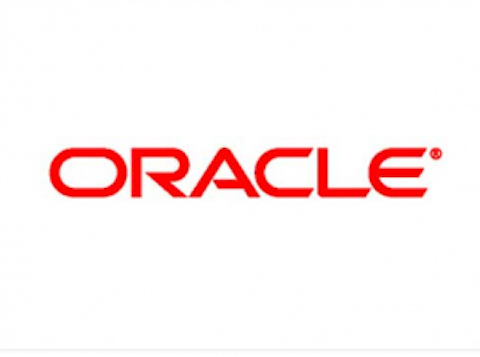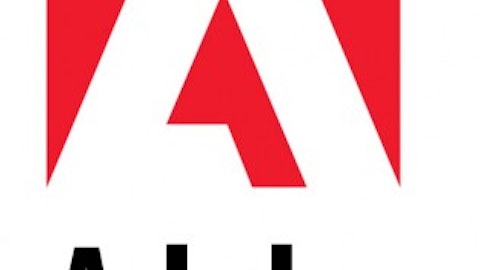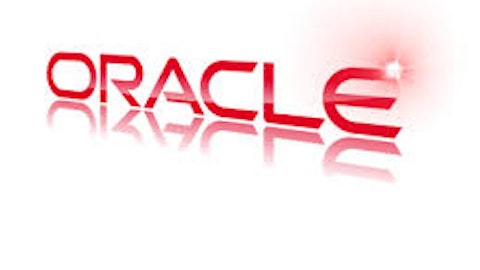In the financial blogosphere, there are a multitude of indicators for Oracle Corporation (NASDAQ:ORCL) readers to watch, but it is important to be aware of a stock’s short interest. Two pieces of data typically used are: (a) the fraction of a stock’s tradable shares that bears are currently short selling, in addition to (b) the change in short selling activity.
More bearish shorting usually means what it implies: the Street has grown less bullish on that particular stock. Short selling that’s too high, however, sometimes has a bullish effect on share price, as short sellers can be forced to buy their positions.
Here at Insider Monkey, it’s no secret that we watch hedge funds’ interest, but it’s also important to combine this information with overall short information. In some high-profile cases, big time investors may indicate that they’re bearish on a particular company, but it is not an SEC requirement. Nonetheless, some retail investors might want to avoid heavily shorted companies with elevated hedge fund investment, while others might want short-squeeze plays. For those wanting a proven piggybacking strategy, discover the details of our premium strategy.
Let us take a gander at the latest data surrounding Oracle Corporation (NASDAQ:ORCL).

It is also crucial to monitor hedge fund holdings via their quarterly 13F filings. Of the funds we track, Eagle Capital Management, managed by Boykin Curry, holds the most valuable position in Oracle Corporation (NASDAQ:ORCL). Eagle Capital Management has a $967.2 million position in the stock, comprising 5.8% of its 13F portfolio. In the second spot is First Eagle Investment Management, managed by Jean-Marie Eveillard, which held a $689.1 million position; 2.3% of its 13F portfolio is allocated to the company. Some other hedge funds that are bullish include Ken Fisher’s Fisher Asset Management, Richard S. Pzena’s Pzena Investment Management and William von Mueffling’s Cantillon Capital Management.
Also, insider purchases made by high-level executives is most useful when the primary stock in question has experienced transactions within the past half-year. Over the last half-year time frame, Oracle Corporation (NASDAQ:ORCL) has seen zero unique insiders buying, and 7 insider sales (see the details of insider trades here).
Let’s check out activity in other stocks similar to Oracle Corporation (NASDAQ:ORCL). These stocks are Intuit Inc. (NASDAQ:INTU), Adobe Systems Incorporated (NASDAQ:ADBE), salesforce.com, inc. (NYSE:CRM), Microsoft Corporation (NASDAQ:MSFT), and SAP AG (ADR) (NYSE:SAP). This group of stocks are the members of the application software industry and their market caps are similar to ORCL’s market cap.
| Company Name | # of Hedge Funds | # of Insiders Buying | # of Insiders Selling |
| Intuit Inc. (NASDAQ:INTU) | 31 | 0 | 7 |
| Adobe Systems Incorporated (NASDAQ:ADBE) | 34 | 1 | 10 |
| salesforce.com, inc. (NYSE:CRM) | 42 | 1 | 15 |
| Microsoft Corporation (NASDAQ:MSFT) | 89 | 0 | 4 |
| SAP AG (ADR) (NYSE:SAP) | 10 | 0 | 0 |
The aforementioned indicators–short interest info, hedge fund holdings and insiders’ behavior–are what every investor should pay attention to. Though it’s difficult to formulate a practical strategy from short selling filings, hedge fund and insider sentiment provide lots of market beating opportunities if you know where to look.





